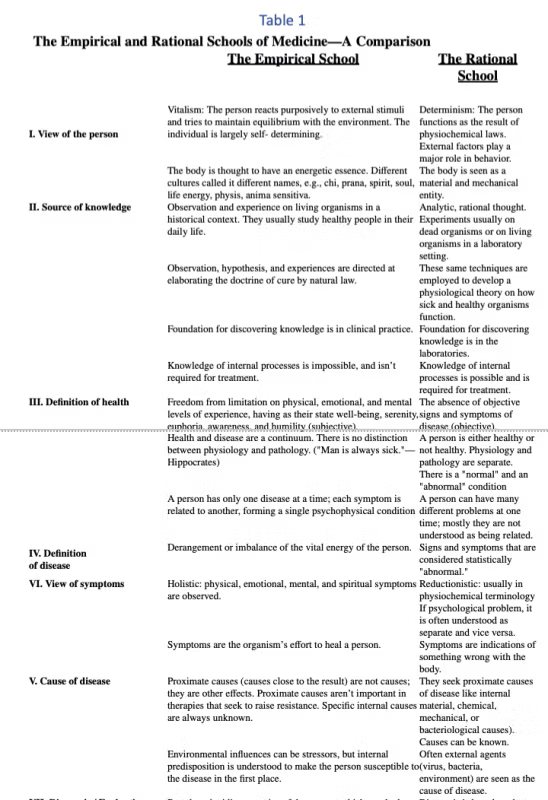| Prime Minister Justin Trudeau is also a member of the World Economic Forum as is his finance minister and deputy prime minister Chrystia Freeland. Freeland sits on the WEF’s board of trustees along with Larry Fink, CEO of BlackRock. It was Dominic Barton who in January 2016 personally introduced Justin Trudeau as the newly elected prime minister of Canada to the Davos “in-crowd” at the WEF’s annual meeting. As WEF chairman Klaus Schwab informed the audience at his Malcolm H. Wiener lecture at the Harvard Kennedy School’s Institute of Politics in 2017, the views of Trudeau’s government align closely with those of the WEF. But perhaps Canadians should be concerned that Schwab would boast about his organization “penetrating the cabinets” of Canada and other countries. The global mindset that Schwab endorses seems to have underlain a newly elected Justin Trudeau’s assertion to The New York Times that Canada was the “first postnational state” with “no core identity, no mainstream.” The Advisory Council on Economic Growth calls for…more economic growth! In December 2015, two months after Justin Trudeau was first elected prime minister, his finance minister Bill Morneau announced the creation of an Advisory Council on Economic Growth. In February 2016, Morneau announced that the Council would be chaired by Dominic Barton, who at the time still headed McKinsey, and the names of all fourteen board members, Mark Wiseman among them, were announced in March. On October 31, 2016, Maclean’s magazine reported that the Department of Finance had confirmed that McKinsey consultants were providing the Advisory Council on Economic Growth, whose members were paid $1 annually and which had no budget of its own, with pro bono “research, analysis and administration.” Such altruism! In October 2016, the Advisory Council on Economic Growth produced its first report. Not surprisingly, it advocated for a massive increase in immigration, proposing a target of 450,000 immigrants annually, an over 50% increase of already high immigration levels. Subsequent reports (the third and final one released in December 2017) all promoted similarly high targets. Just over a year after the release of the Advisory Council’s first report, in November 2017, then-immigration minister Ahmed Hussen announced the Trudeau government’s first substantial increase in immigration targets, which were set at 310,000, 330,000 and 340,000 for 2018, 2019 and 2020, respectively. And in November 2022, with many Canadians still suffering economically from the Covid disruption and the cost of housing going through the roof, current immigration minister Sean Fraser announced the new targets of 465,000, 485,000 and 500,000 for 2023, 2024, and 2025, respectively. These targets not only meet but exceed the recommendations of the Advisory Council on Economic Growth. Based on the many inactive links on what looks like its home page, the Advisory Council on Economic Growth appears no longer to be active. Perhaps the fact that its recommendation to massively ramp up immigration is being implemented by the government means that its mission is essentially accomplished. While the Century Initiative is a registered lobby group, the Advisory Council on Economic Growth promoted essentially the same agenda as an official advisory body. Is Canada still a sovereign country? The Century Initiative goes so far as to frame Canada embracing mass immigration as a moral duty. As you scroll along its home page, you are asked, “Which side of history will Canada be on?” It contrasts the “rise in nationalism, populism and anti-immigrant sentiment” globally with Canada’s “openness to immigration” and “culture of multiculturalism and diversity.” The implication is that if Canada does not welcome an ever-accelerating flood of newcomers, it is associating itself with some ugly political ideologies. You will not find anywhere on the Century Initiative’s website any discussion of how certain interest groups (such as speculators, developers, mortgage providers, cheap labour businesses, and politicians seeking the ethnic vote) will reap virtually all the economic and political benefits of Canada’s mass immigration policy while ordinary working Canadians will pay the costs in terms of more congested and polluted cities with less greenspace, increased pressure on already stressed health, education, and social services, as well as on transportation and infrastructure, and increasingly unaffordable housing. | 





No comments:
Post a Comment